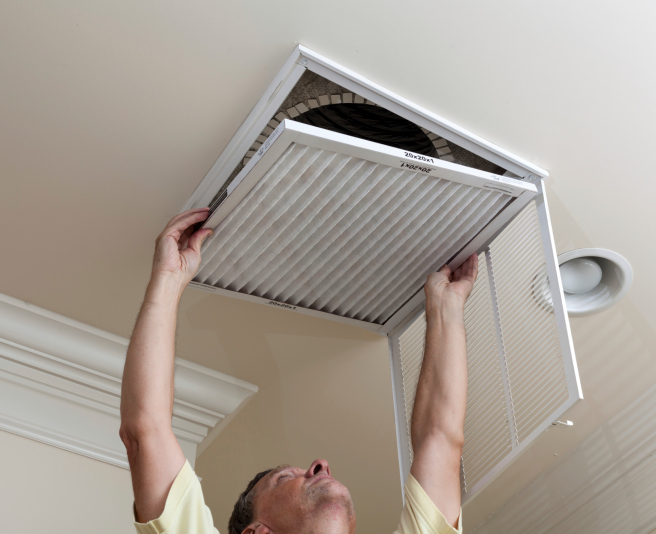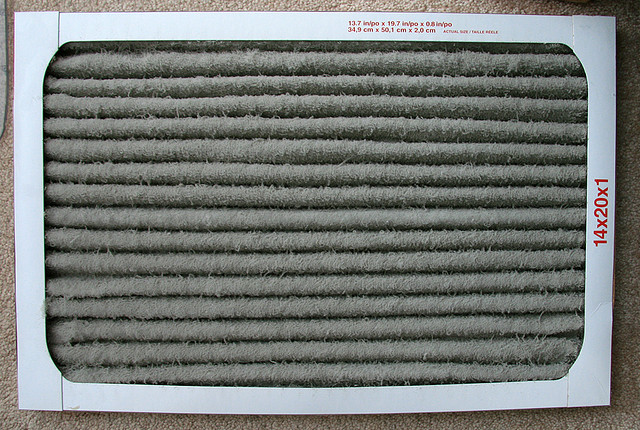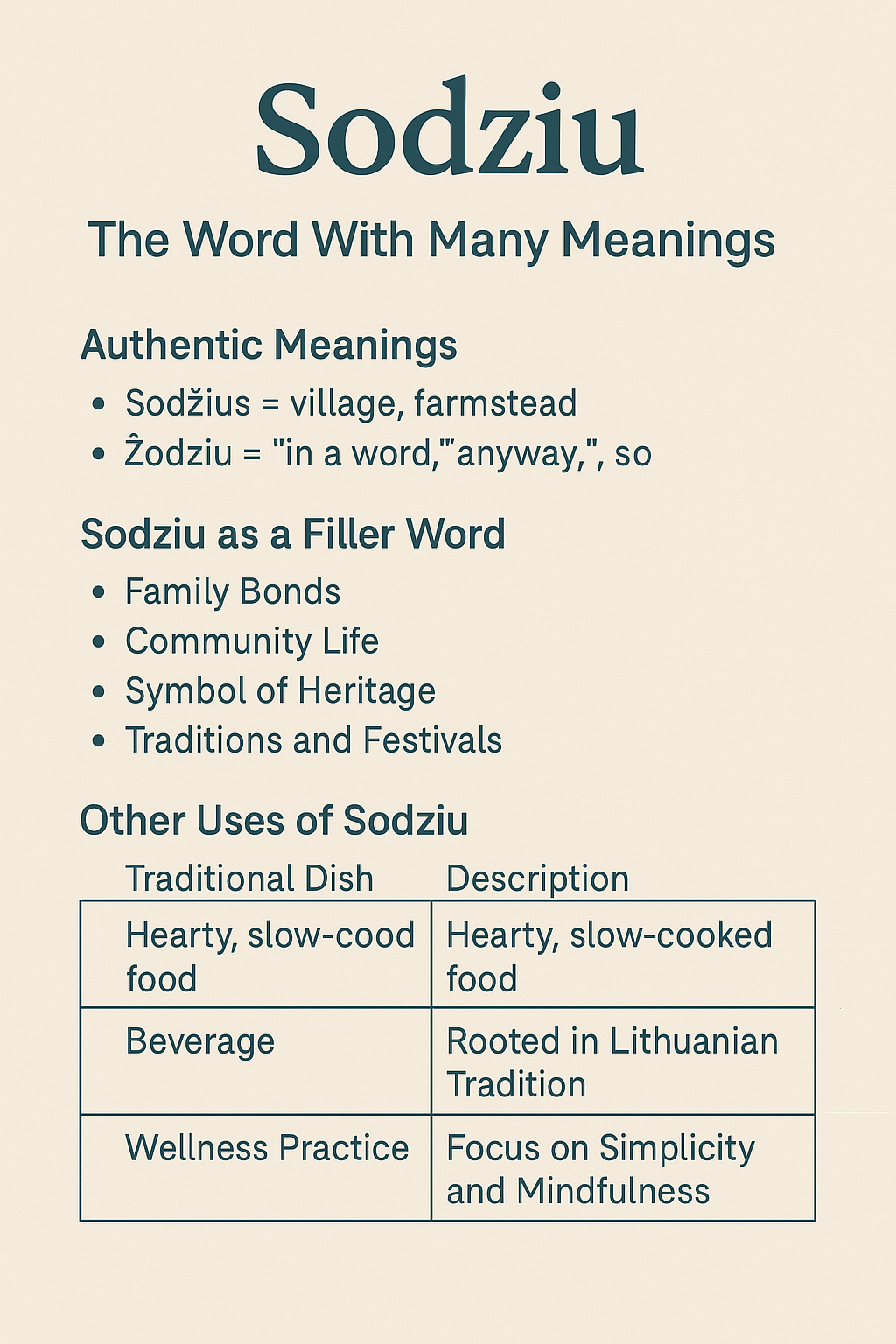Are you having problems with your HVAC filter? If so, you are not alone. Many homeowners experience issues with their HVAC filters, from clogging to poor airflow. In this article, we discuss some of the common HVAC filter issues and provide tips on how to prevent and resolve them. Keep reading to learn more.
Wet Filter
A wet filter is one of the common problems that can occur in an HVAC system. It occurs when the filter in the system becomes saturated with moisture and is no longer able to filter air adequately. This can lead to a variety of problems, from decreased efficiency to worn-out components and even health risks.
A wet air filter commonly indicates a clogged condensate pan or condensate drain lines. Water is a natural by-product of a functioning air conditioner. As the system draws warm air from your home to be cooled, moisture from the air condenses on the evaporator coils and then drips into the drain pan. When something prevents this water from draining away, it overflows, and the air filter may absorb that moisture.
When a filter becomes wet, it becomes saturated with moisture and can no longer effectively filter the air passing through the system. This can decrease the efficiency of the system and cause it to overwork, leading to a higher energy bill. Additionally, moisture can cause corrosion and wear on the components of the HVAC system, leading to costly repairs or replacements. In extreme cases, the moisture can even cause mold or mildew to grow, which presents a health risk to the occupants of the building. To prevent a wet filter issue, regular maintenance and filter changes are key.
Dirty or Clogged Filter
A dirty or clogged filter can be one of the most common issues with an HVAC system. When the filter is dirty or clogged, it prevents the air from properly flowing through the system. This can cause the system to become inefficient, leading to a decrease in indoor air quality, an increase in energy costs, and a decrease in the life of the system.
In order to prevent a dirty or clogged filter, it is important to clean or replace the filter in the HVAC system regularly. This can be done by either manually cleaning the filter or replacing it with a new one. Additionally, it is important to check the filter every few months to ensure it is not clogged with dust, pollen, and other debris. It’s suggested that homeowners change air filters at least every three months to avoid any issues.
Wrong Filter Size

Wrong filter size is one of the most common potential HVAC filter issues. HVAC filters come in a variety of sizes, and it is important to ensure that the filter is the correct size for the system. If the filter size is incorrect, it can cause a number of issues, such as inefficient airflow, inadequate filtration, and inadequate air conditioning.
When the wrong filter size is installed, the filter won’t fit properly into the filter housing. This means that air will be able to bypass the filter and not be properly filtered. This can lead to poor air quality and can cause allergens, dust, and other particles to be present in the air. Additionally, the improper fit of the filter will restrict airflow and prevent the HVAC system from running efficiently.
In addition, the wrong filter size can cause the HVAC system to run too often and for too long. This can lead to increased energy bills and can put additional strain on the system, leading to more frequent repairs. You can check with the manufacturer of your HVAC equipment or a qualified technician to ensure proper filter size.
Overall, HVAC air filter issues can have a significant impact on the health and comfort of your home. It is essential to ensure that the filters are serviced and replaced regularly in order to minimize the risk of illness and discomfort from airborne contaminants.








